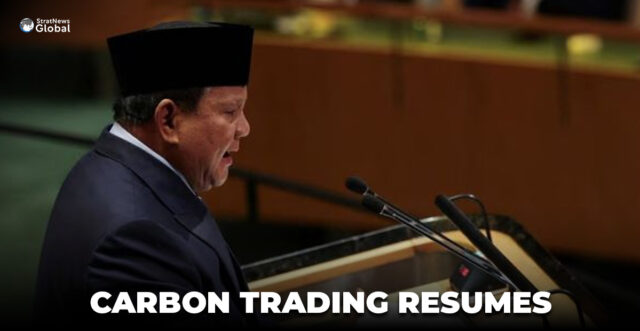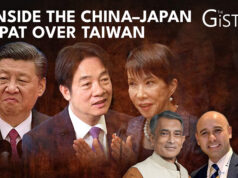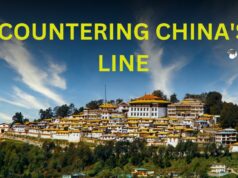Indonesia’s President Prabowo Subianto has signed a new decree allowing the resumption of international carbon emission trading, ending a four-year suspension, according to a decree issued on Wednesday.
The Southeast Asian country issued carbon market rules in 2021 that focused on compliance carbon markets rather than transactions in voluntary markets.
The rule effectively put an end to all cross-border carbon emission credit trading, including those generated from big projects like the Katingan Mentaya conservation project.
Indonesia said the moratorium allowed the country to give priority to meeting its own greenhouse gas reduction targets rather than sell the reductions overseas.
The suspension also came amid concerns that the price of carbon was too low, and selling countries were not benefiting from the market.
Until the halt, Indonesia was one of the biggest suppliers of carbon credits to the international market, mostly through the REDD+ reforestation scheme.
Initiatives To Cut Greenhouse Gas Emissions
The new presidential decree, signed last week and made public on Wednesday, allows the international trade in carbon offset units to resume in accordance with Indonesian national standards, or the standards set by the United Nations Framework Convention on Climate Change and other international certifiers.
The decree also calls for the establishment of a decentralised registry for carbon units that will be transparent and run in real time, in order to prevent the double counting of carbon emission reductions.
Prabowo, who will soon mark his first year as president on October 20, has plans to generate capital inflows from sales of carbon offsets to foreign buyers from projects such as rainforest preservation.
Indonesia this year has signed mutual recognition agreements with international organisations that certify projects that cut greenhouse gas emissions, including Verra, Gold Standard, Global Carbon Council, Plan Vivo and the Joint Crediting Mechanism.
These deals were meant to facilitate international carbon trade and foreign investments to support Indonesia’s climate goals, officials have said.
Indonesia’s local carbon exchange, launched in September 2023, has also began to offer carbon credit certificates to foreign buyers this year, but trading so far has been thin.
Indonesia has a commitment to reach net-zero greenhouse gas emissions by 2060 or earlier.
(With inputs from Reuters)





